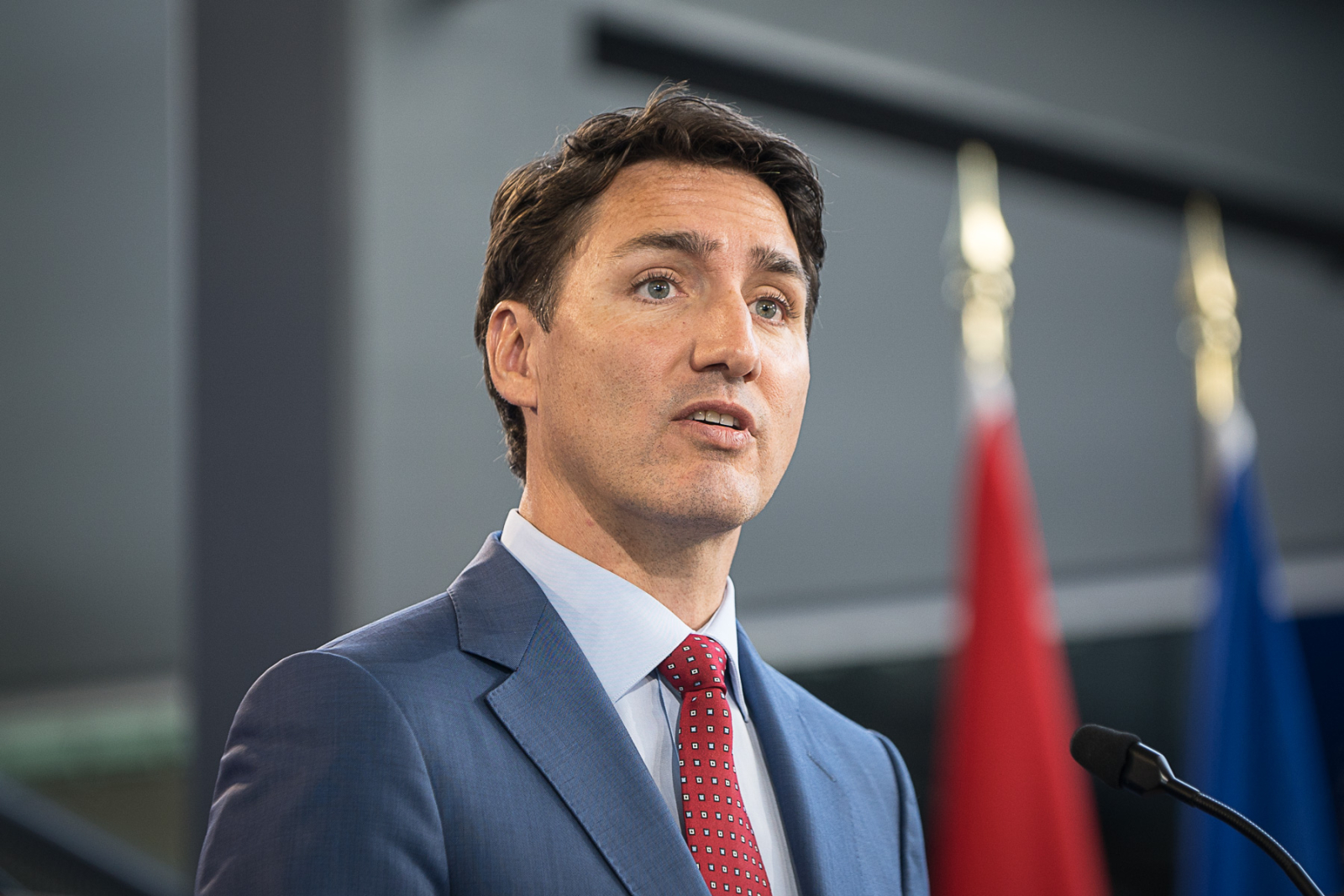
We live in an era of extreme inequality of wealth and power across much of the developed world, and Canada is no exception. Public confidence in political institutions and “political classes” in the West is in long-running decline. The failure of established institutions to grapple adequately with the crises we face is giving way to an environment of growing instability and unease, providing fertile ground for the rise of the far right and delivering the likes of Donald Trump and Boris Johnson into the highest offices.
Yet there is also reason for optimism. The left, too, is in many places also reinvigorated—and quite suddenly bursting with big, bold new policy agendas. This includes, perhaps most visibly, a push for a Green New Deal, crucial in the face of the ticking clock of the climate crisis. But another set of developing policy proposals, relating to the ownership and control of our economy, also deserve our attention.
In the UK and US, transformative policy ideas for economic justice are emerging and starting to move quietly into the political mainstream. These include policies to promote worker ownership and control of companies, breaking up large monopolistic corporations, and an annual wealth tax on the super-rich.
These ideas are being advanced not only by activists and think-tanks, but now also by major political parties and candidates, including the UK’s Labour Party and US Democratic presidential candidates Bernie Sanders and Elizabeth Warren.
These policies are not exclusive to any single ideology, but they could reasonably be called “socialist,” since they centre matters of who owns and controls core economic institutions and wealth. And they could be described as “democratic” because they take a bottom-up approach that would reshape and significantly equalize economic ownership and control. These policies are also, in many cases, extremely popular among voters across the political spectrum.
In short, the policy debate is rapidly being populated with innovative and far-reaching economic proposals of a kind that we should be considering much more seriously in Canada. To that end, let’s take a look at a selection of big policy ideas now on the table south of the border and across the Atlantic, which represent potential starting points for important debates here at home.
[Read the complete article! The headings below are flushed out in the complete article to give you a taste of actions that could lead to a sustainable future.]
- Putting power and ownership in workers’ hands
- Inclusive ownership funds
- Worker representation on corporate boards
- “Right to own” and worker-owned enterprises
- Taking on big banks and powerful tech monopolies
- Financial transactions tax
- Publicly owned banks
- Breaking up powerful tech monopolies
- Getting serious about taxing the rich and corporations
- Wealth taxes on the super-rich
- Ending special tax breaks on capital income
- Taxing corporations like we mean it
Canada needs to think big. Let the debate begin.
This round-up of burgeoning economic policy ideas is far from comprehensive, and these particular proposals are not the final word. What they do represent is a window on an impressive proliferation of bold, left-wing economic thinking that should inform our discourse and debate in Canada. This debate should include other emerging big ideas like a Green New Deal, four-day work week, universal basic income, universal basic services, land value capture and maximum wages, among many others. SOURCE













 We will gather with our communities across cities, countries, and continents, to rise up and rebel for our deep love of life and the need to protect it.
We will gather with our communities across cities, countries, and continents, to rise up and rebel for our deep love of life and the need to protect it.